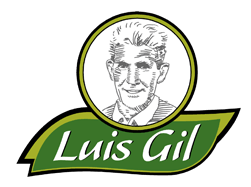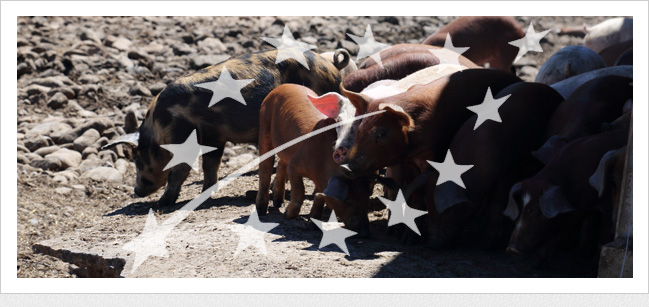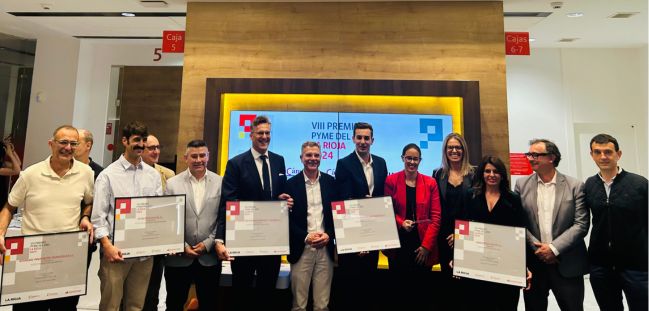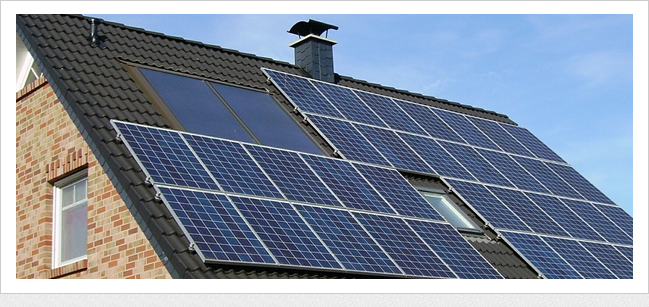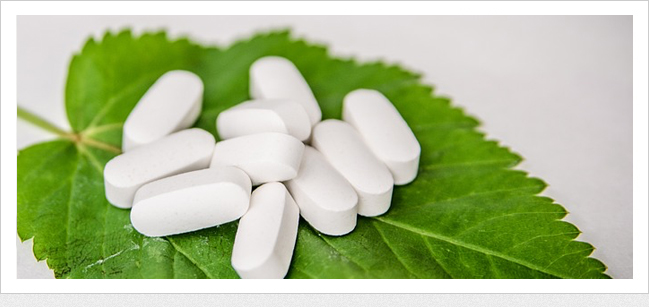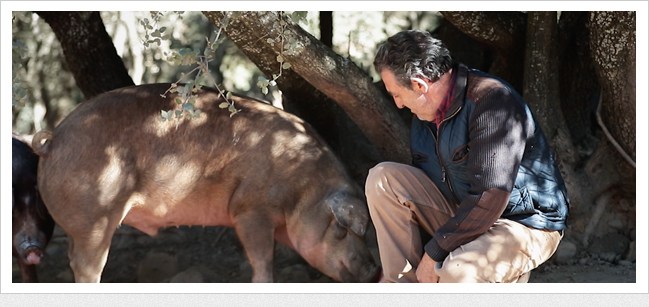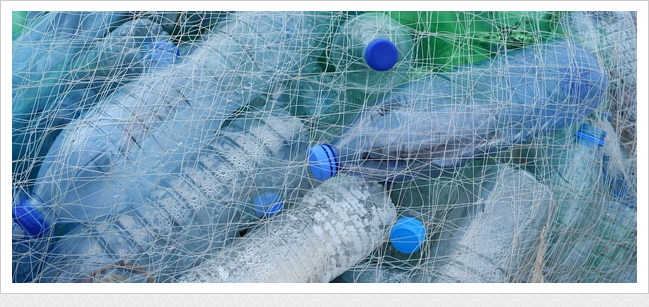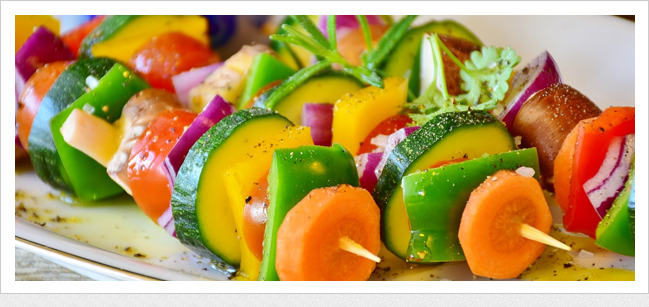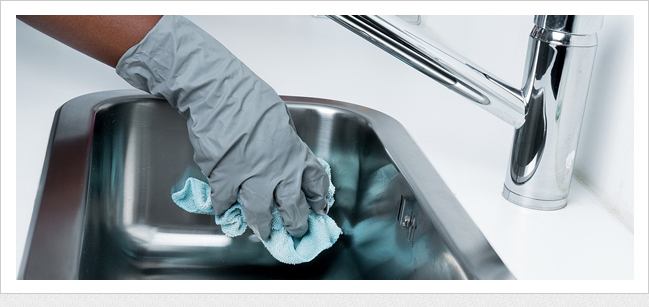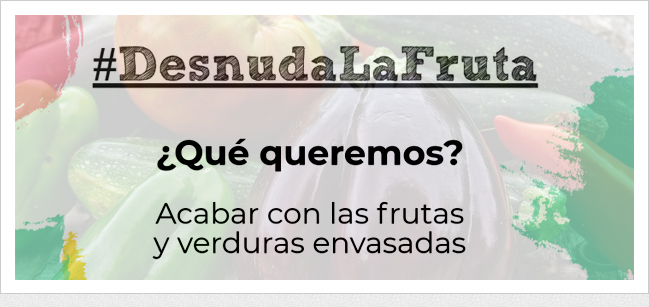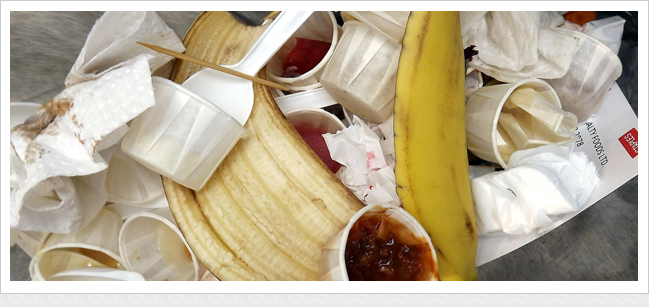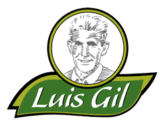Organic production can be defined as a compendium of agricultural techniques that exclude the use, in agriculture and livestock, of synthetic chemicals such as fertilizers, pesticides, antibiotics, etc., with the aim of preserving the environment, maintaining or increasing soil fertility and providing food with all its natural properties.
Normative
Currently, since January 1, 2009, Organic production is regulated by the Council Regulation (EC) 834/2007 of June 28, 2007, on production and labeling of organic products and repealing Regulation (EEC) 2092/91, and the Commission Regulation (EC) 889/2008 of 5 September 2008 which establishes provisions for the application of Council Regulation (EC) 834/2007.
This regulation establishes the objectives and principles applicable to this type of production and specifies the rules relating to production, storage, transformation, transport, sale and supply to the final consumer, labeling, control and exchanges with third countries.
Goals
The objectives are sustainable agriculture and quality of production, which must respond to the needs of consumers. The general principles refer to specific production methods, the use of natural resources and the strict limitation of the use of synthetic means.
Production standards
According to the general rules of organic production, lGenetically modified organisms (GMOs) are prohibited in all its forms. The rules governing food labeling allow operators to ensure that they respect this prohibition. Furthermore, treatment by ionizing radiation is prohibited.
Agents who want to make both types of agricultural production (ecological and non-ecological) coexist must maintain a separation between animals and between lands.
Organic livestock production must meet certain standards on:
- The origin of the animals, which must be born and raised on organic farms.
- Management and care practices in relation to animal housing.
- Animal reproduction methods, generally natural.
- The feed, which must be of organic origin.
- The prevention of diseases.
- For cleaning and disinfection, only products authorized by the Commission must be used.
In organic farming, the Commission authorizes the use of a limited number of products and substances. These products can be used to care for plants, feed animals and clean facilities used for animal and plant production. Likewise, the Commission may set certain limits and conditions for the application of these products.
Farms that begin to dedicate themselves to organic production must overcome a conversion period —a transition phase during which ecological practices must be respected. The Regulation establishes the rules that regulate this period.
Processed organic feed must contain ecological raw materials and they cannot be transformed with synthetic solvents. Processed foods must contain mainly ingredients of agricultural origin. Other ingredients may be used if they have been authorized by the Commission. Organic yeast must be produced from organic substrates and other authorized ingredients.
The Commission may provide for exceptions to the provisions relating to objectives, production standards and labelling. These exceptions must be temporary and limited to specific cases.
Control
In Spain, the control and certification of organic agricultural production is the responsibility of the Autonomous Communities. and is carried out mainly by public control authorities, through territorial Organic Agriculture Councils or Committees that are organizations dependent on the corresponding Ministries or Departments of Agriculture, or directly by General Directorates attached to them.
Labeled
As a distinctive feature so that the consumer can distinguish organic farming products in the market, all packaged units, in addition to its own brand and some of the specific mentions of organic farming, They are printed with the EU ecological logo and must contain a reference to the control body that certifies that product, as well as the indication of the place of origin of the raw materials that make up the product..
The labeling of an organic product must be easily visible on the packaging.
All of this means that the farm or industry where the product has been produced or manufactured is subject to the corresponding controls and inspections of the Authority or the Body established for this purpose in the respective Autonomous Community. It constitutes, in turn, the only official guarantee that the product meets the quality assumed by the consumer and complies with the standards established in Regulation (EC) 834/2007 and its implementing provisions.
Exchanges with third countries
Products from third countries They can also be marketed on the Community market as organic products if they comply with the Regulation and if they have been subject to control. This control can be carried out by a body recognized by the European Community or an accredited control body.
As you can see, we have regulations that regulate all organic production. This means that any of our fresh meats or organic sausages have great quality and flavor, respecting animal welfare and the environment throughout their production chain.
